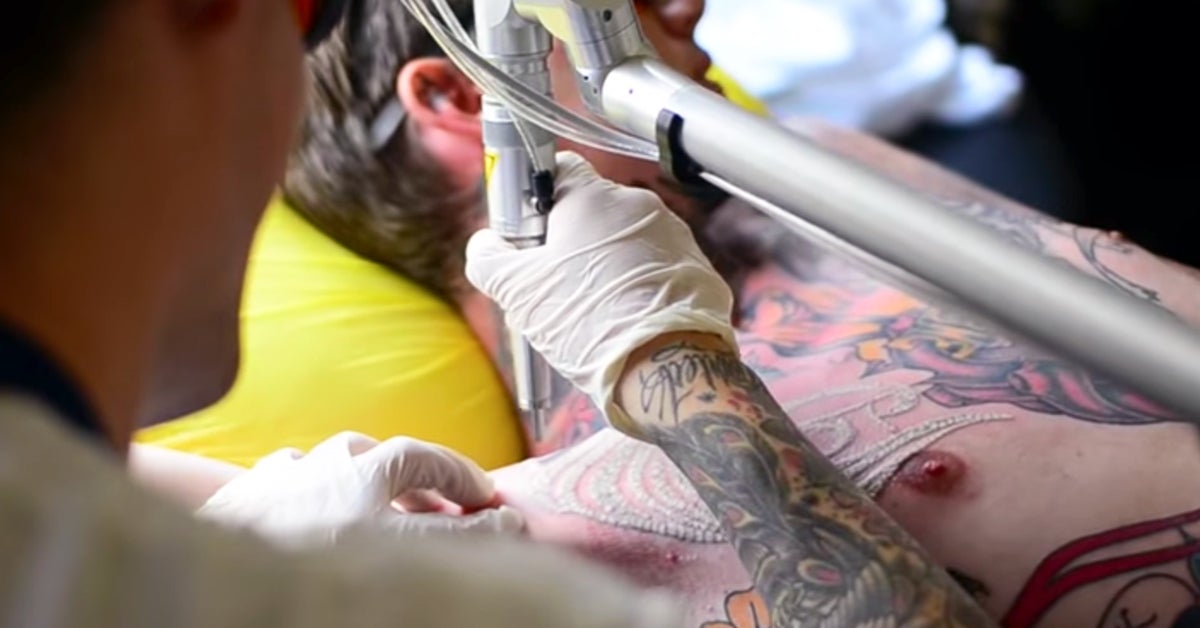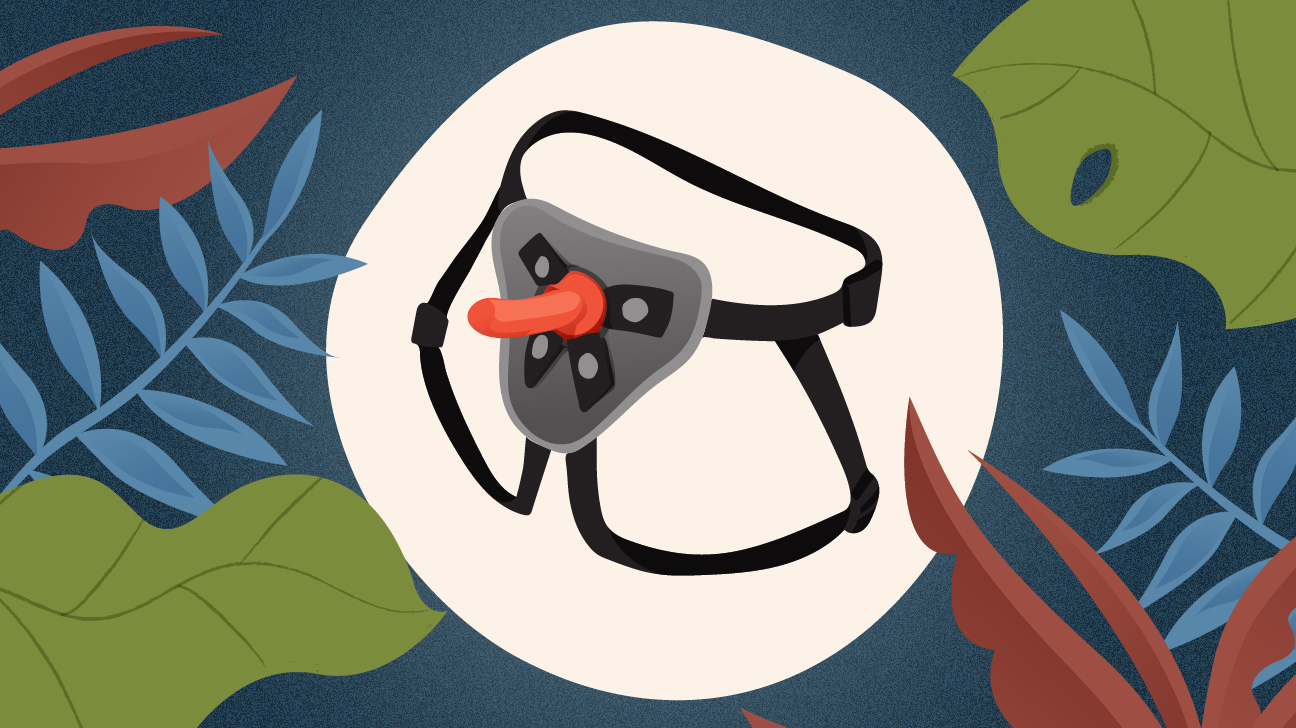Carrot Seed Oil SPF: Why It Isn't a Safe and Effective Sunscreen
The internet abounds with DIY sunscreen recipes and products you can buy that claim carrot seed oil is an effective, natural sunscreen. Some say that carrot seed oil has a high SPF of 30 or 40. But is this really true?
Carrot seed oil does have health benefits, but protection from the sun is not one of them.
In this article, we'll take a closer look at carrot seed oil, and examine the evidence surrounding its sun protection claim.
Carrot seed oil is an essential oil that can be used on the skin, when mixed with a carrier oil. It's derived from the seeds of the Daucus carota plant.
Carrot seed oil contains various chemical compounds, including:
- carotol
- alpha-pinene
- camphene
- beta-pinene
- sabinene
- myrcene
- gamma-terpinene
- limonene
- beta-bisabolene
- geranyl acetate
The compounds in carrot seed oil produce a variety of health benefits, including:
- anti-aging
- gastroprotective
- antioxidant
- antibacterial
- antifungal
- anti-inflammatory
Commercially-prepared sunscreens are typically labeled with a number that indicates sun protection factor (SPF). An SPF refers to the amount of time you can stay in the sun before UVB rays start to redden and burn your skin.
The CDC recommends using a sunscreen that contains at least an SPF of 15, in addition to other protective measures, such as wearing a wide-brimmed hat. Some dermatologists recommend using only SPFs of 30 or higher.
In addition to SPF, it's important to use a sunscreen that is broad-spectrum. This means it protects against both UVA and UVB rays. UVA and UVB are two kinds of ultraviolet radiation that come from the sun.
UVB rays cause sunburns. UVA rays cause photoaging, and also increase the cancer-causing effects of UVB. Unlike sunscreen, sunblock only shields your skin from UVB rays.
SPF of carrot seed oil
So, does carrot seed oil do the job of a high-SPF sunscreen? Despite a 2009 study that claimed it does, the answer is no.
The study, published in Pharmacognosy Magazine, tested 14 unnamed, herbal sunscreens, purchased by a single distributor based in Raipur, Chhattisgarh, India.
The full ingredient list for each sunscreen was not disclosed. For this reason, it's impossible to know which ingredient produced the SPF effect.
This very small study also didn't make clear which type of carrot oil the sunscreens contained, listing it only as Daucus carota. Carrot oil, which is a carrier oil and not an essential oil, does have a slight ability to protect skin from the sun. It does not, however, have a known SPF and should not be used as a sunscreen.
No known SPF
Like carrot oil, carrot seed essential oil has no known SPF, and should not be used as a sunscreen.
There are no other studies that indicate carrot seed essential oil or carrot oil offer significant protection from the sun.
Carrot seed oil used as a moisturizer in commercial sunscreen products
Adding to the confusion for consumers may be the number of products that contain carrot seed oil as an ingredient. These products typically include carrot seed oil for its moisturizing benefits, not for its ability to protect against UVA and UVB rays.
Since carrot seed oil is an essential oil, it can't be used on your skin full-strength. Like all essential oils, carrot seed oil must be mixed with a carrier oil before applying topically. For this reason, it cannot be used as a tanning oil.
Tanning oils, including those with SPFs, attract the sun's UVA rays to your skin. Some people use them to try to tan safely, but there is no way to get a safe tan. All unprotected sun exposure can cause skin cancer and skin aging over time.
Some tanning oils and tanning accelerators list carrot seed oil as an ingredient, but it's there to moisturize skin, not to protect it from the sun. These products may also include carrot oil, which is often confused for carrot seed oil.
Carrot seed oil is distilled from the seeds of the Daucus carota plant, whereas carrot oil is made from crushed-up carrots. Carrot oil is sometimes used as an ingredient in tanning oils as a skin stain, since it may add a slight bronze, or orange tint to skin.
It has been several decades since the Food and Drug Administration (FDA) issued new guidelines for sunscreen safety. Recently, they proposed new regulations indicating that physical, non-absorptive sunscreens containing zinc oxide or titanium oxide are the only ones with GRAS (generally recognized as safe) status. Both of these ingredients are minerals.
Even through zinc oxide and titanium oxide are chemicals, sunscreens that contain them are often referred to as natural, or physical. This means that the ingredients do not penetrate the skin but rather block the sun by sitting on top of skin.
Natural sunscreens containing minerals provide varying SPFs, as indicated on their label. They differ from DIY and other sunscreens made from oils, juices, or fruit juice powders, as these provide very little or no protection from the sun.
The FDA is planning on issuing additional rules for chemical sunscreens and their labeling process later this year, after they've examined 12 Category III sunscreen ingredients, including oxybenzone. Category III means there's not enough scientific data to indicate whether they're safe to use or not.
Downsides of oxybenzone
Oxybenzone has been found in the world's waters, and may contribute to coral reef bleaching and coral death. It's also absorbed through the skin, and has been found in amniotic fluid, blood plasma, urine, and human breast milk.
Oxybenzone is also an endocrine disruptor, which may adversely affect the hormonal systems of men, women, and children. In addition, it's been linked to low birth weight, allergies, and cell damage.
If you're like many people, you want to enjoy being out in the sun without worrying about sunburn, photoaging, and skin cancer. When used correctly, a broad-spectrum sunscreen with an SPF of 15 or greater will help you do that.
However, most sunscreens contain chemicals such as oxybenzone, which absorb into the body and may have negative health effects of their own. For this reason, interest in using natural oils as sunscreens has peaked. One of these is carrot seed oil.
However, despite one published study, there's no scientific evidence that carrot seed oil provides any protection from the sun.
-
 6 interesting genetic traits that children will inherit from their parents
6 interesting genetic traits that children will inherit from their parents
-
 7 effects of asparagus on child development
7 effects of asparagus on child development
-
 Does cutting blood hair for babies bring good luck?
Does cutting blood hair for babies bring good luck?
-
 The more babies eat, the higher the height they develop, especially the second kind
The more babies eat, the higher the height they develop, especially the second kind
-
 Children with chicken pox should eat to quickly recover from the disease, without leaving a deep scar?
Children with chicken pox should eat to quickly recover from the disease, without leaving a deep scar?
-
 The more food is cooked, the better it can be for health, especially the second type
The more food is cooked, the better it can be for health, especially the second type
-
 Tattoo Removal: How to, Costs, Before and After Pictures & More
Tattoo Removal: How to, Costs, Before and After Pictures & More
-
 Tattoo Sunscreen and Other Sun-Safety Tips to Protect Your Body Ink
Tattoo Sunscreen and Other Sun-Safety Tips to Protect Your Body Ink
-
 Byetta: Dosage, Side Effects, Uses, and More
Byetta: Dosage, Side Effects, Uses, and More
-
 A Doctor Answers Questions About Daytimes Sleepiness
A Doctor Answers Questions About Daytimes Sleepiness
-
 Strap-on Sex 101: How to Pick Out the Right Harness and Dildo
Strap-on Sex 101: How to Pick Out the Right Harness and Dildo
-
 The body is constantly sweating: Experts reveal the surprise that few people expect
The body is constantly sweating: Experts reveal the surprise that few people expect































